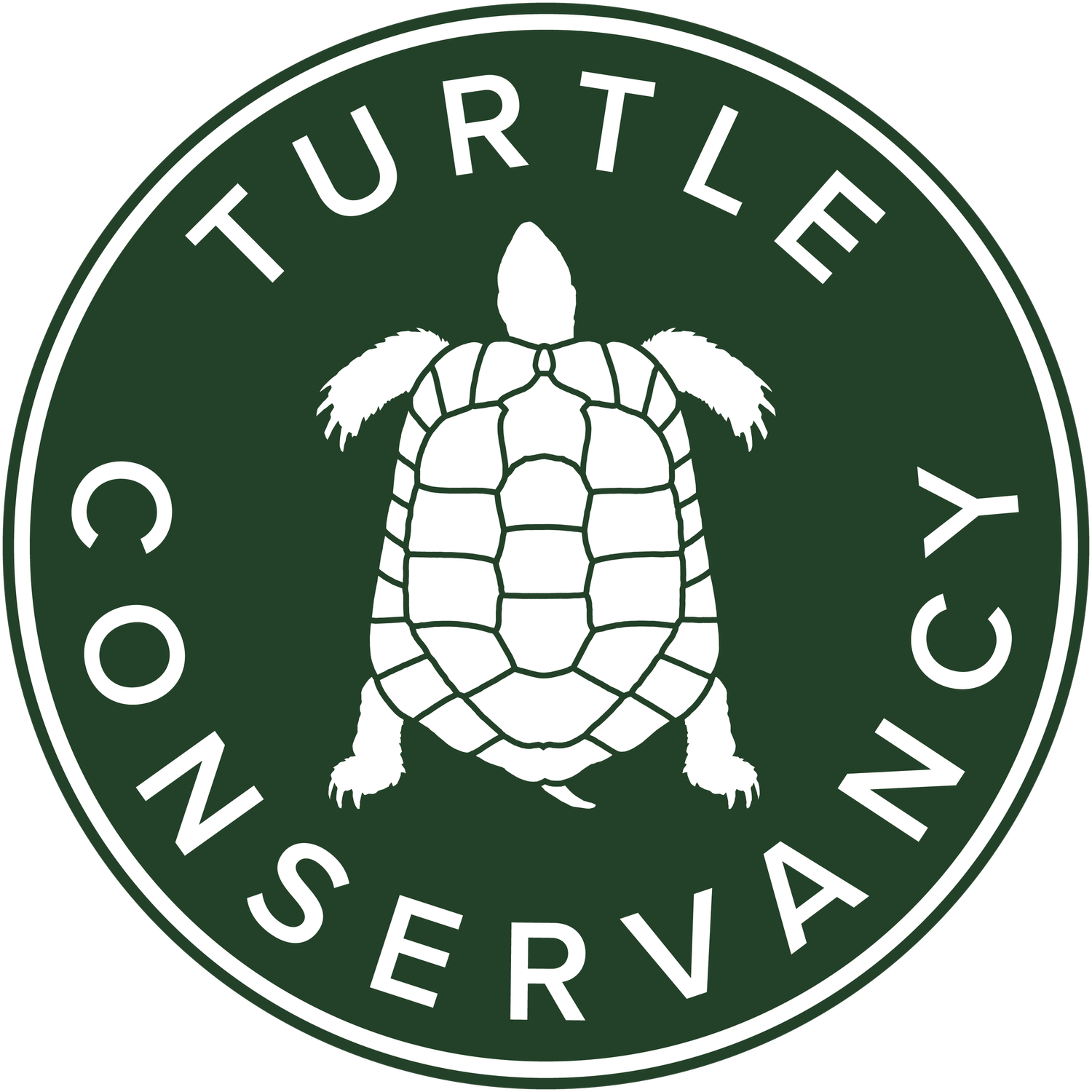AZA Awards TC $25,500 for Ploughshare Tortoise Conservation
CITES Meeting: Turtle Conservationists Urge Immediate Action To End Poaching Of Ploughshare Tortoise
Wild Ploughshare Tortoises in More Danger Than Ever
Annual Ploughshare Working Group Meeting in Madagascar
Eric Goode attended a meeting of the International Angonoka Working Group at the Durrell Wildlife Conservation Trust offices in Madagascar where the dire situation of the Critically Endangered Ploughshare Tortoise was discussed. In attendance were the Malagasy government, TRAFFIC, Durrell, and Owen Griffiths of Beanka, among others. This tortoise is in grave danger of extinction in the wild, and it is difficult to remain optimistic about its future. On a positive note, the Malagasy government approved of a select group of ex situ facilities, including the TC and Durrell, having confiscated Ploughshare Tortoises. Owen Griffiths’s new conservation project, Beanka, located on the west coast of Madagascar, is set to open in 2016 and will include a research station, a program introducing juvenile Aldabra Tortoises, and a new secure area for Ploughshares.
Ploughshare Tortoise Trafficking Update
Conservationists deface beautiful tortoise shells to deter rustlers
To Save Endangered Tortoises, Conservationists Deface Their Shells
Ploughshare Tortoise Confiscation Update
Just before the Holidays, Turtle Conservancy’s Managing Director and veterinarian, Dr. Paul Gibbons, returned to Bangkok, Thailand together with representatives from Durrell Wildlife Conservation Trust, Richard Lewis and Tsanta Fiderana Rakotonanahary from Madagascar. The purpose of this visit was to teach a seminar on managing the health and husbandry of large groups of confiscated turtles and tortoises, and to monitor the status of the confiscated Ploughshare Tortoises that we assisted with in May 2013.








